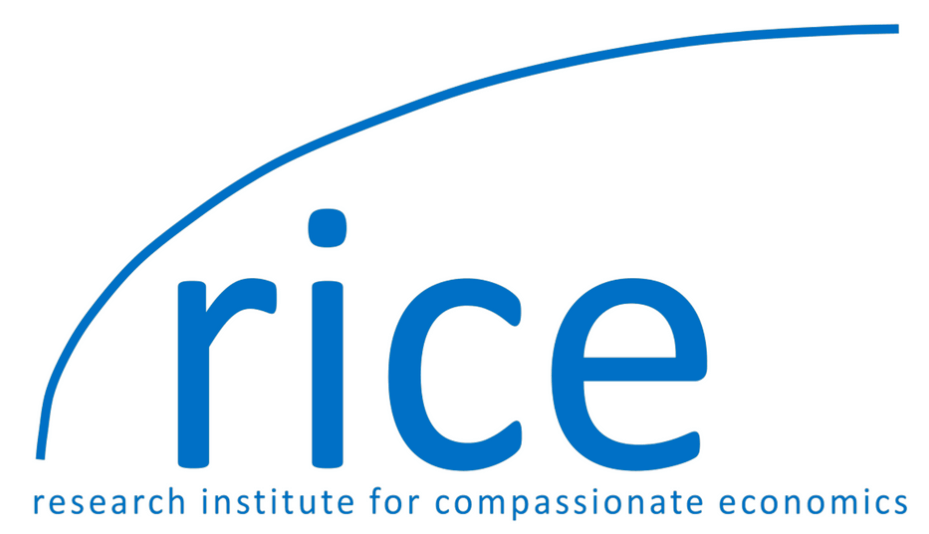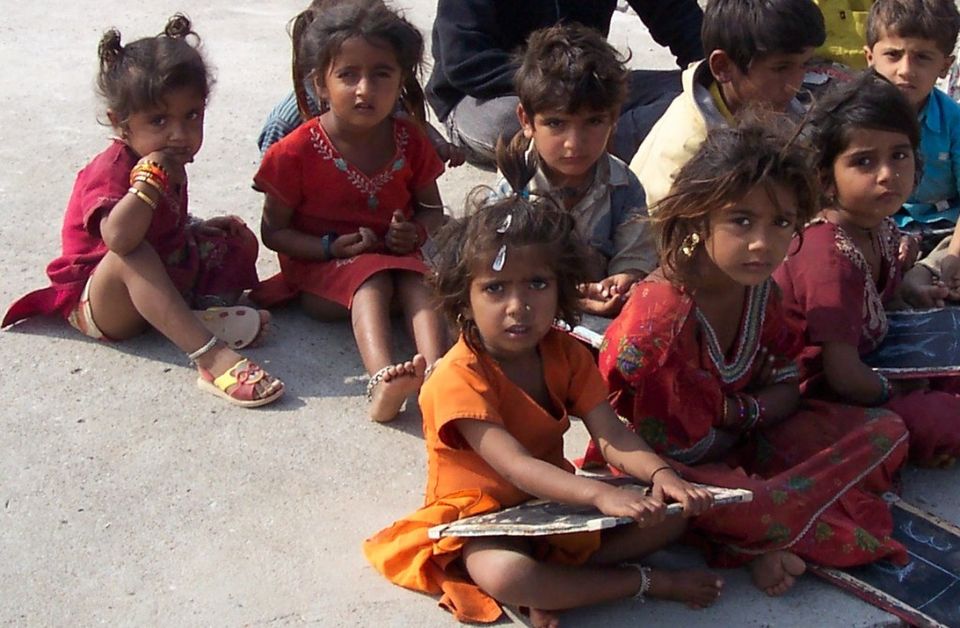About

r.i.c.e. is a research institute for compassionate economics. We are a non-profit research organization focused on health and well-being in India. Our core focus is on children in rural north India. Our research studies health care at the start of life, sanitation, air pollution, maternal health, social inequality, and other dimensions of population-level social wellbeing.
Our team combines the tools and insights from demography, economics, and sociology. Our research is based on large-scale demographic statistics, on specialized surveys that we design, and on qualitative research, especially in the villages of Uttar Pradesh.
On this website, you can find our research papers, our datasets (which are available for anyone to use), and our analyses of policies that matter for the health and well-being of children. You can also learn more about our team and read media coverage of our research.
Click here to see all our members.
Our goals include:
- Using research to advance knowledge about the lives of the poor in India, with a special focus on children’s health,
- Sharing what we learn with government officials and other researchers, and to learn-by-doing how our research might contribute to the well-being of the poor, and
- Promoting complementary research by providing support for other researchers and training to promising students.
Our questions
Did you know that the latest nationally representative survey of Indian children found that the average Indian five year old is about 10 centimeters shorter than a healthy child would be?
The fact that Indian children do not reach their height potential suggests that they face many threats to their health very early in life. Researchers now understand that the effects of these early deficits which stunt children’s growth will stay with them throughout their lives—they will also suffer from stunted cognitive potential, less economic productivity, and less healthy adulthoods.
The importance of height as a marker for health and well-being has led us to focus research and advocacy energies on two important questions: Why are Indian children so short? And what can be done about it?

These are big questions and big problems, and we are excited for our growing team to make its contribution. We use econometric methods to analyze large datasets, and spend time learning from the experiences of people living in Sitapur, a rural district of the state of Uttar Pradesh, and other villages. As we continue learning in Delhi, Sitapur and elsewhere, you can follow r.i.c.e. on our blog, or sign up to receive our newsletters.
Legal Document: Click here for the IRS's letter determining that RICE Institute, Inc. is a 501(c)3 public charity.